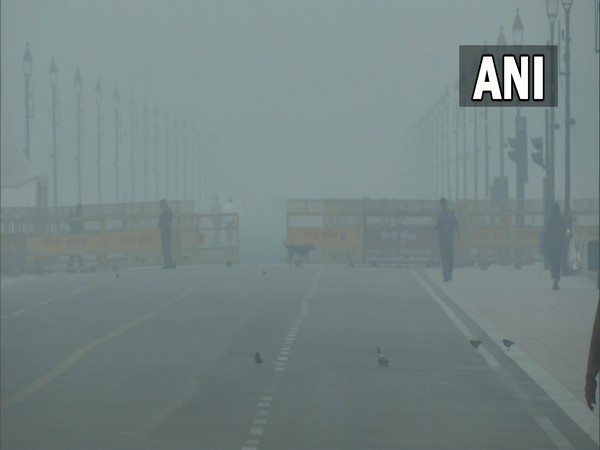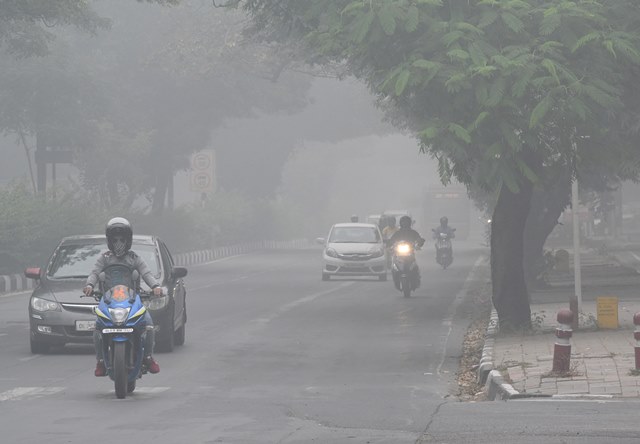Pieter Elbers, Chief Executive Officer of IndiGo, one of India’s largest carriers, on Monday addressed the crew and staff about the deteriorating air quality in Delhi and the National Capital Region.
The CEO discussed the implications of the poor air quality, especially in the context of aviation, with airline’s captain, cabin crew, and office staff.
When asked about the measures IndiGo is taking to address air pollution, the CEO stated, “Of course, we interact with everyone on that and we make sure that we try to control the air quality inside. But what’s happening outside is a consequence of a lot of different factors.”
In an exclusive interview with ANI, IndiGo CEO Pieter Elbers expressed his concern about air quality, emphasizing that, “it affects everyone, including those who closely monitor air quality index. He mentioned that IndiGo aligns its operations with government measures to address air quality concerns,” he told ANI.
Pieter also highlighted the presence of High-Efficiency Particulate Air (HEPA) filters inside IndiGo’s aircraft, which help maintain air quality during flights. “Aircraft have a filter system–HEPA filters, which are really the best filters around. So, the moment we place the filters, the air quality is being filtered, but it clearly does not influence the setting in Delhi,” IndiGo CEO told ANI.
IndiGo, as one of the largest carriers in the country, operates approximately 1,900 flights daily, serving nearly three lakh passengers. The airline said it is committed to ensuring the well-being of its passengers and crew, both in terms of in-flight air quality and aligning with government measures to address the broader air quality concerns in the region.
As Delhi and the NCR grapple with air quality challenges, the efforts made by IndiGo and other stakeholders in the aviation sector to mitigate these concerns remain essential for the well-being of the region’s residents and visitors.
The overall air quality in the National Capital continues to be in the ‘severe’ category’ for the fifth straight day, as per the Central Pollution Control Board.
According to the data issued by the System of Air Quality Forecasting and Research (SAFAR-India), the air quality in the National Capital was recorded at 488, up from 410 a day ago. (ANI)
For more details visit us: https://lokmarg.com/



